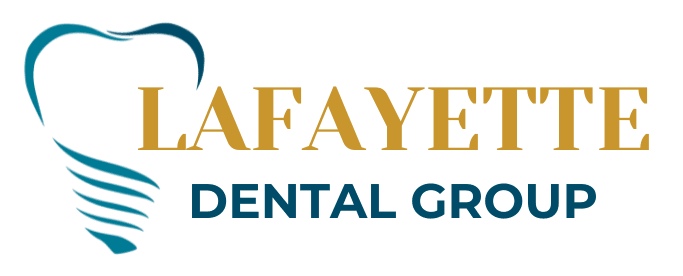

Which type of Dental Crown is for me?
Dental crowns are tooth-shaped "caps" put on top of your natural teeth in dentistry. The best way to describe it is like putting a warm cap on your teeth. It is via a crown that a tooth can regain its original form, size, strength, and beauty. The visible section of the tooth is covered by the filling, which cements the tooth. Continue reading to know about the most suitable type of dental crown for you.
Types of Dental Crowns:

Metal: Dental crowns uses tooth-colored metal alloys in addition to traditional gold and palladium alloys. Metal crowns remove the least amount of tooth structure during placement. This style of crown's primary flaw is its shiny appearance.
Advantages:
- Robust and resistant.
- Long-lasting and wear down slowly like natural enamel.
- Best used for posterior restorations (back teeth) and out-of-sight molars.
Disadvantages:
- Poor aesthetics.
- If allergic to gold alloy crowns, which can cause swelling or other symptoms.
Porcelain Fused-to-Metal Crowns (PFM): PFM crowns are another form of commonly used dental crowns. They are both sturdy (because of their metal construction) and aesthetically pleasing (due to the porcelain layer that wraps the metal part).
Advantages:
- Beautiful and long-lasting.
- Tried and tested.
- Less expensive than other porcelain crowns.
Disadvantages:
- Grey stain along the gum line due to metal interior, compromising the aesthetics compared to other porcelain crowns.
- May wear down more quickly against the opposing teeth due to teeth clenching.
All-ceramic or all-porcelain: This form of the dental crown provides the finest color match compared to any other type of dental crown. For those with metal sensitivities, they're a good option. They are not as durable as PFM crowns. Additionally, they can grind down the teeth opposite them slightly further than metal or resin crowns.
Advantages:
- Ideal for the front teeth.
- Biologically compatible: no metal is present. Therefore, they are devoid of hazardous metals.
Disadvantages:
- It lasts a long time if proper care is maintained.
- Not the best choice for people suffering from bruxism.
- More expensive than metal crowns.

Zirconia Crowns: This new substance, zirconium, combines the strength of metal and the beauty of porcelain crowns in a single package. Recently, zirconia crowns with a higher degree of transparency and many zirconia layers have become increasingly fashionable.
Advantages:
- Beautiful appearance.
- Fewer possibilities of chipping or breaking due to strong durability.
- It may take less time because zirconia may be cut and molded in the same dentist's office.
- Less prone to deterioration.
- Biocompatible, metal-free crowns are unlikely to produce allergic responses in patients who are sensitive to metal.
Disadvantages:
- Zirconia material might lead to rapid tooth wear when they bite.
- Challenging to adjust solid zirconia.
- E- MAX: Lithium Disilicate Crowns: E-Max is a new form of crown introduced in dentistry with its emerging advantages and disadvantages. This crown style is lithium disilicate, light, and thin ceramic material.
Conclusion:
A dental crown is a lasting restorative treatment. That implies you'll have a crown for a long time. Sure, you want everything done professionally and skillfully. If you can, avoid going to the cheapest dentist without weighing your choices. Before selecting, consider all options and types of dental crowns.
Contact your Lafayette dentist, Dr. Massood Darvishzadeh, DDS at Lafayette Dental Group today to learn more about Dental Crowns.
Resource:
This media/content or any other on this website does not prescribe, recommend, or prevent any treatment or procedure. Therefore, we highly recommend that you get the advice of a qualified dentist or other medical practitioners regarding your specific dental condition
Services
Contact Us
3466 Mt Diablo Blvd., Suite C207
Lafayette, CA 94549
2026 © Lafayette Dental Group | All rights reserved | Powered by: Vigorant, Inc.
